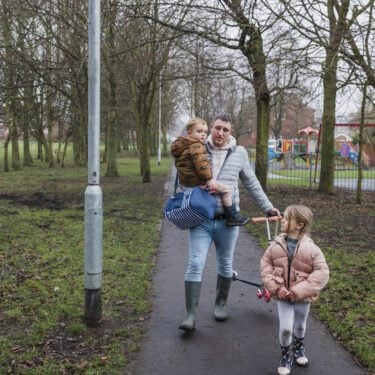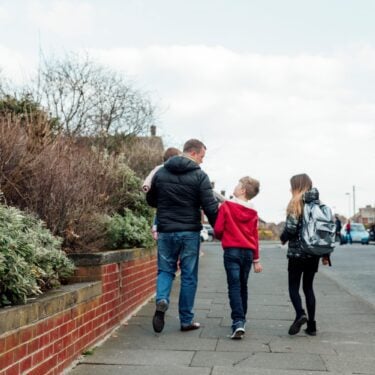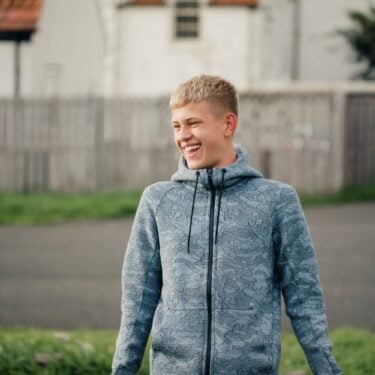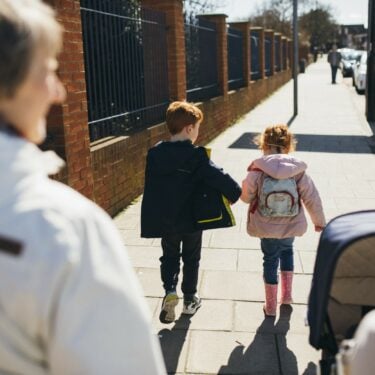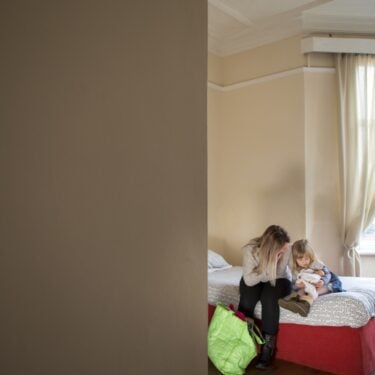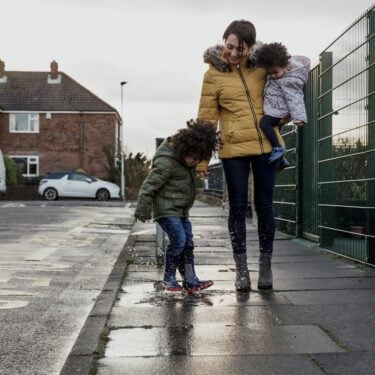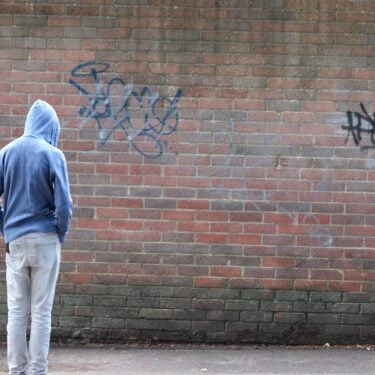Project overview
This study will explore how and why the family courts respond to applications for enforcement of a Contact Order following alleged non-compliance.
These cases are difficult for the courts because the available sanctions – fines, imprisonment, or change of the child’s residence – may be impractical or harm the child. The Children and Adoption Act 2006 introduced a new penalty of unpaid community work, but this has hardly been used.
The Government consulted over the summer of 2012 on proposals for a “tougher approach” to enforcement, and a range of new powers are under consideration, including curfew orders, the withholding of passports and driving licences, and an automatic warning notice on contact orders about possible transfers of residence.
There is little research evidence about enforcement in general and none at all about the use of new enforcement powers made available to the courts by the Children and Adoption Act 2006. The questions to be addressed are:
- What are the characteristics/profiles of enforcement cases?
- What proportion of cases involve which type of breach and for what reason?
- What processes does the court use to address each case?
- What disposals does the court order?
- What factors appear to influence the court’s decision-making?
- How robust and how appropriate does the court’s response appear to be?
- What are the outcomes in relation to contact, compliance and further legal events?
The study comprises a quantitative analysis of a national sample of approximately 200 enforcement cases using the CAFCASS electronic case file system (ECF). An ‘enforcement case’ is defined as a case where a C79 Application related to Enforcement of a Contact Order has been filed.
The sample will include (a) all C79 applications in England over a two month period in 2012 together with (b) the entire annual sample of approximately 30 enforcement cases where an unpaid work requirement (UWR) outcome was recorded. The inclusion of the UWR cases will enable understanding of why UWR is used so infrequently.
Focus groups with district and circuit judges will explore how judges approach enforcement cases, as well as their perceptions of the strengths and limitations of current and proposed powers.

























